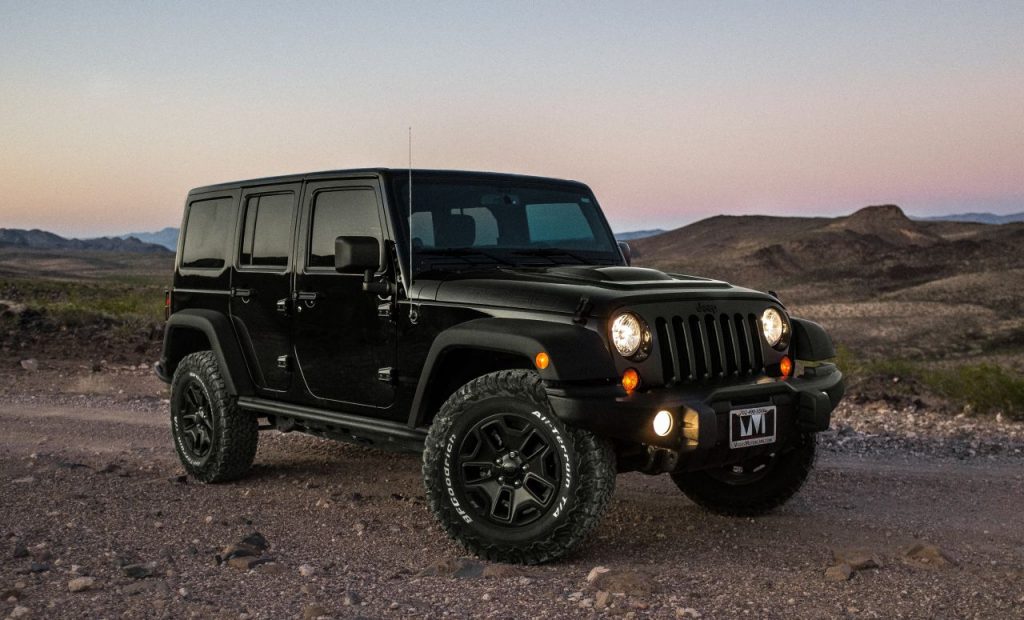Yes, 4×4 vehicles use more gas than regular cars due to their larger size and weight. Off-road vehicles or 4x4s are known for their power and impressive off-road capabilities, but with great power comes great responsibility.
The fuel consumption of 4x4s has been questioned by many, with some believing that they consume more gas than regular cars. There is no denying that 4x4s use more gas, but the amount varies depending on the engine size, weight, and tire size of the vehicle. In this article, we will explore the different factors that affect the fuel economy of 4x4s and provide tips on how to make your 4×4 more fuel-efficient.

Credit: www.ridgebackbodies.com.au
Understanding The Basics Of 4X4S
4x4s have become increasingly popular as off-road and adventurous vehicles. The first 4x4s became available to the public in the 1940s, but they didn’t gain popularity until the 1980s. Unlike traditional vehicles, 4x4s are designed with four-wheel drive, which allows for better traction on uneven terrain.
When it comes to fuel efficiency, however, 4x4s tend to use more gas due to their weight and larger, off-road tires. Moreover, 4x4s have a higher clearance that lets the vehicle climb over obstacles, and they have low-range gears, which allows for more control while off-roading.
To understand 4x4s, it’s essential to recognize their unique design and configuration features, such as locking differentials and axels, which allow all four wheels to receive power and distribute traction more efficiently.
Evaluating Fuel Efficiency Of 4X4S
Fuel efficiency refers to the amount of fuel used by a vehicle to travel a certain distance. It is a crucial factor for all types of vehicles, including 4x4s. Several factors affect the fuel efficiency of 4x4s. The suspension system plays a significant role in the gas mileage of 4x4s.
Larger tires can put extra strain on the engine leading to decreased fuel economy. Aerodynamics also affect the fuel efficiency of 4×4 vehicles. Thus, it is advisable to choose a vehicle with better aerodynamic design. Understanding fuel efficiency and its underlying factors will help you make an informed choice while purchasing a 4×4.
DOES FOUR WHEEL DRIVE (4X4) BURN MORE FUEL THAN 2WD?
Comparing 4X4S Gas Mileage With Other Vehicles
4x4s are generally gas guzzlers compared to other types of vehicles. Understanding the emissions standards is important when comparing gas mileage. Driving style can impact fuel efficiency in a 4×4, with aggressive driving leading to a decrease in gas mileage.
The weight of the vehicle also affects gas mileage, as heavier vehicles require more fuel. Hybrid 4x4s are a possibility, but are not yet mainstream in the market. When considering purchasing a 4×4, it’s important to take into account the gas mileage and the impact it may have on your long-term budget.
Overall, the gas mileage of a 4×4 is something to carefully consider and understand before making a purchase.
Frequently Asked Questions On Do 4X4 Use More Gas
1. Does A 4X4 Use More Gas Than A Regular Car?
Yes, typically a 4×4 uses more gas than a regular car due to its larger size, heavier weight, and more powerful engine.
2. How Much More Gas Does A 4X4 Use Compared To A Regular Car?
This will depend on the specific make and model of the vehicles being compared. However, on average, 4x4s can use up to 25% more gas than a regular car.
3. Can Driving Habits Affect The Gas Mileage Of A 4X4?
Yes, driving habits can have a significant impact on the gas mileage of a 4×4. Frequent acceleration, speeding and stopping abruptly can cause higher fuel consumption.
Conclusion
After considering all the aspects of the discussion, it is clear that 4×4 vehicles do use more gas than regular vehicles. However, this does not necessarily mean that 4x4s are a bad investment. There are several benefits to owning a 4×4 for those who need it for off-roading, towing heavy loads, or driving on difficult terrain.
If you use your vehicle for these purposes, then using more gas is simply a necessary expense. On the other hand, if you use your 4×4 as a regular vehicle, you may want to consider switching to a regular car or truck that is more fuel-efficient.
Ultimately, the decision to purchase a 4×4 vehicle comes down to your individual needs and priorities. Make sure to weigh the pros and cons before making a decision that will resonate with you for years to come.
